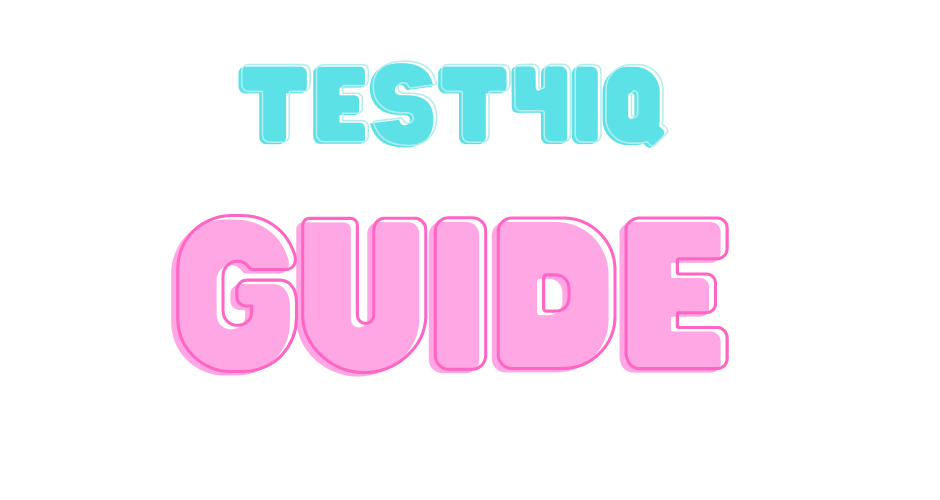Consulting firm EY is coming out and warning of the impact of the energy crisis on SHL clubs.
Regardless of whether they own the arena or not, electricity costs can increase by 400 percent.
This means that the electricity cost of the three million kroner ice rink could rise to 15 million kroner.
For the seventh year in a row, consultancy EY analyzed the financial position of SHL clubs in a 62-page report.
Ahead of next season, the energy crisis is a concern for their finances.
Electricity costs can increase regardless of whether clubs own the stadium or not.
Risk License Condition
In this case, the increased costs affect the club’s liquidity and results, which can have serious consequences.
Therefore, higher electricity costs could affect the clubs’ ability to meet licensing requirements in the future. Over the past two years, the Licensing Board has chosen to waive the equity clause as a result of the coronavirus pandemic. In the 2022/2023 season, a new model will be introduced with percentage requirements based on the total turnover of each club. We think this model is fairer and better adapted to the big differences between clubs. At the same time, the model ensures financial stability, says Carlos Esterling, partner at EY and co-author of the report.
Can thank the government’s support
Analysis of the 2021/22 season shows that support measures from the National Sports Federation and the Growth Agency as a result of the Corona pandemic have had a significant impact on the finances of clubs.
– The financial situation would have been more tense without the support measures, especially in clubs with few shares. Our calculations show that without the support, two clubs could have shown a negative balance, says Carlos Sterling.
It is related to Linköping, which had equity of SEK 4.2 million with government assistance of SEK 8.5 million, and TIMRA with capital of SEK 3.6 million with government assistance of SEK 6.9 million.
Three clubs in the danger zone
Twelve of 14 clubs reported negative operational results (Oskarshamen and Linköping had a positive result), but with support and contributions, three of the 14 clubs reported a negative operational result (Temra, Linköping, Djurgården).
As of 2022, 2 percent of the total capital volume is required to meet licensing requirements in SHL, SDHL, Hockeyallsvenskan and Hockeyettan.
The requirements are gradually increased until 2025, when equity should reach ten percent.
Currently, Malmö (seven percent), Timra (four percent) and Linköping (three percent) in the SHL do not reach this requirement.
The new rules were in fact supposed to come into effect before last season, but due to the Corona pandemic, the Swedish Ice Hockey Association decided to temporarily cancel the equity clause.
